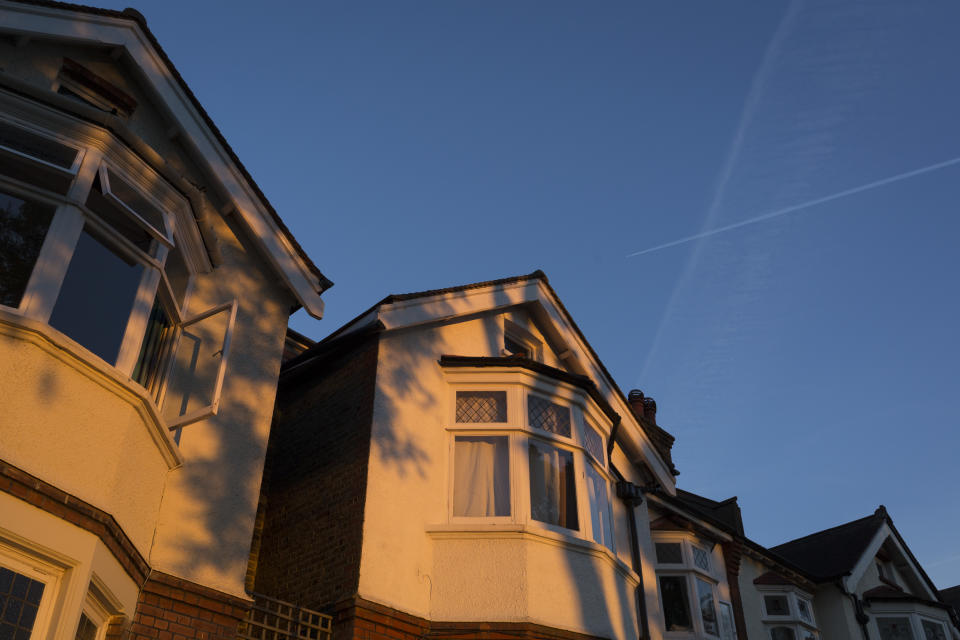Bonus rout spells trouble for high income mortgage-holders

A drop in bonuses for some workers from an impending recession could spell trouble for high income mortgage-holders, according to a report by The Sunday Times.
Workers that rely on bonuses as part of their pay, such as bankers and tech employees, are in danger from expensive mortgage rates when their current deals come to an end.
Experts say those at risk are workers who were well-paid before COVID-19 and have loans upwards of £500,000 ($608,302).
They could be stuck on lenders’ “default” standard variable rates, which average almost 5%. Fixed-rate two-year mortgages start at 1.19%.
Large companies using the UK government’s COVID-19 bailout scheme are currently banned from paying cash bonuses to executives and dividends.
READ MORE: Coronavirus: Employers face uphill battle to get workers back in the office
The ONS says that corporate managers and directors had the highest average annual payments, averaging £7,878 in 2018.
Chris Sykes from the broker Private Finance told The Sunday Times: “COVID-19 has created a situation where a large number of people due to remortgage have mortgages that were previously granted with the help of their bonus and commission - and they are now temporary mortgage prisoners.
“They may struggle to remortgage at all for the time being and may be forced onto the standard variable rate [...] It is likely those most affected are those with higher historic incomes and, thus, bigger mortgages and properties.”
The landscape for mortgages has changed since the 2008 financial crisis.
Those that were hit hardest were low and middle-income borrowers. Regulation has become tighter since, meaning fewer people qualify for deals.
READ MORE: Number of mortgage approvals made to home buyers plunges to seven-year low
On the 22 May, those already struggling to pay mortgages have been offered a further three-month respite.
Borrowers who have already had three months’ payments deferred will be able to extend their mortgage holiday and the application deadline for those who have not has been extended to 31 October.

 Yahoo Finance
Yahoo Finance 